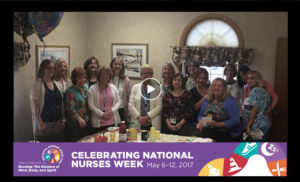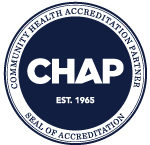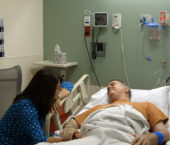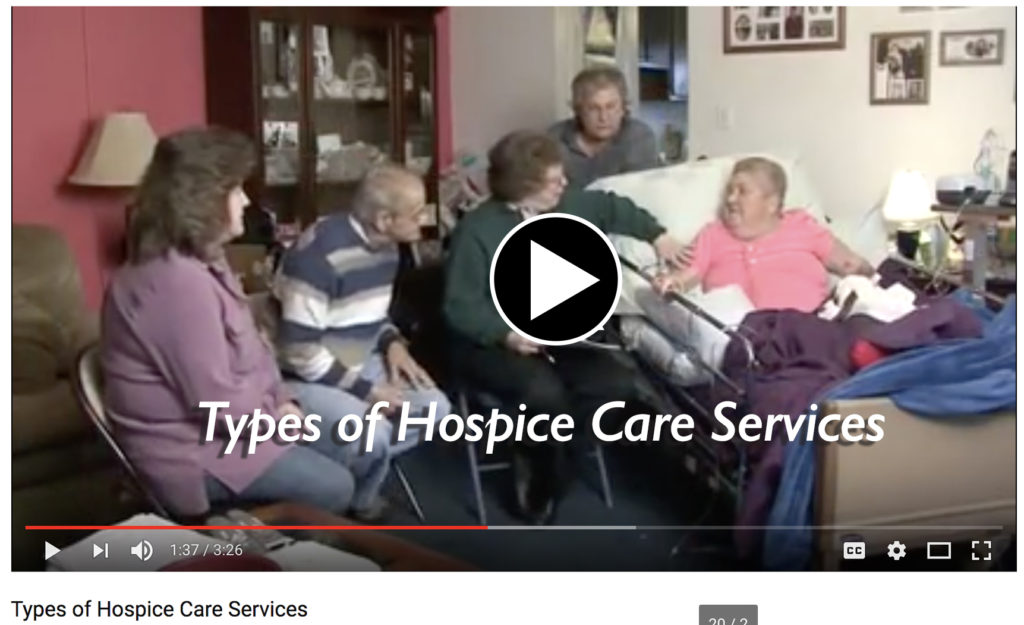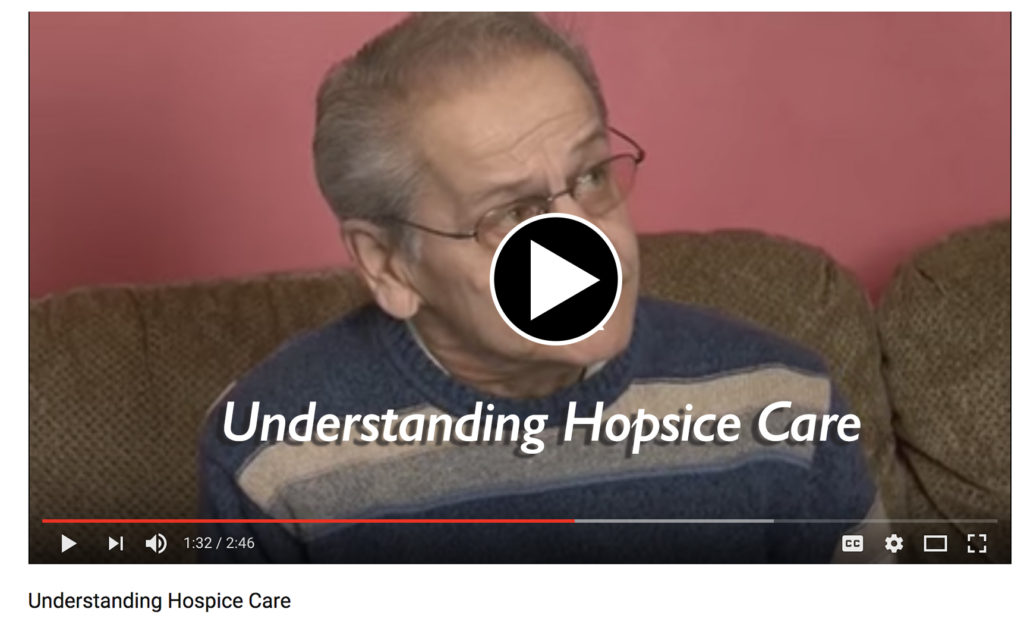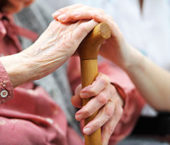
Karen Ann Quinlan Hospice has been named a 2017 Hospice Honors “Elite” recipient by Deyta Analytics, a division of HEALTHCAREfirst, the leading provider of web-based home health and hospice software, billing and coding services, and advanced analytics.
Hospice Honors, a prestigious program, recognizes hospices providing the highest level of quality as measured from the caregiver’s point of view. Deyta Analytics holds a special recognition, Hospice Honors Elite, to honor hospices scoring above the Deyta Analytics National Performance Score on all 24 of the evaluated questions.
The Hospice Honors is a landmark compilation of hospices providing the best patient and caregiver experience. The award recognizes top performing hospices for their hard work and dedication. Karen Ann Quinlan is one of six hospices in New Jersey to be recognized for Hospice Honors and one of two to achieve the Hospice Honors “Elite” designation.
“We are honored to be in the company of other New Jersey Hospices, and health care facilities nationwide, being recognized by Deyta Analytics. To achieve “Elite” status validates the exemplary care extended to our community by our dedicated team,” said Cecelia Clayton, Executive Director at Karen Ann Quinlan Hospice.
The Hospice Quality Reporting Program (HQRP) was mandated by the Affordable Care Act (ACA). As part of the HQRP, all Medicare-certified hospices are required to submit quality data to The Consumer Assessment of Healthcare Providers and Systems (CAHPS). The survey was designed to measure and assess the experiences of patients who died while receiving hospice care, as well as the experiences of their primary caregivers. Karen Ann Quinlan Hospice utilizes the vendor DEYTA to collect and submit data on our behalf to CAHPS.
DEYTA administers a CAHPS, hospice experience of care, survey to caregivers after the death of a hospice patient. The survey asks questions about care during the patient hospice stay.
Hospice Honors acknowledges high performing agencies by analyzing performance of Hospice CAHPS quality measures. HEALTHCAREfirst identified award recipients by evaluating hospices’ performance on a set of 24 quality indicator measures. Individual hospice performance scores were aggregated from all surveys with a final survey status of complete for the evaluation period and were compared on a question-by-question basis to a national performance score calculated from all partnering hospices contained in HEALTHCAREfirst‘s Hospice CAHPS database.


